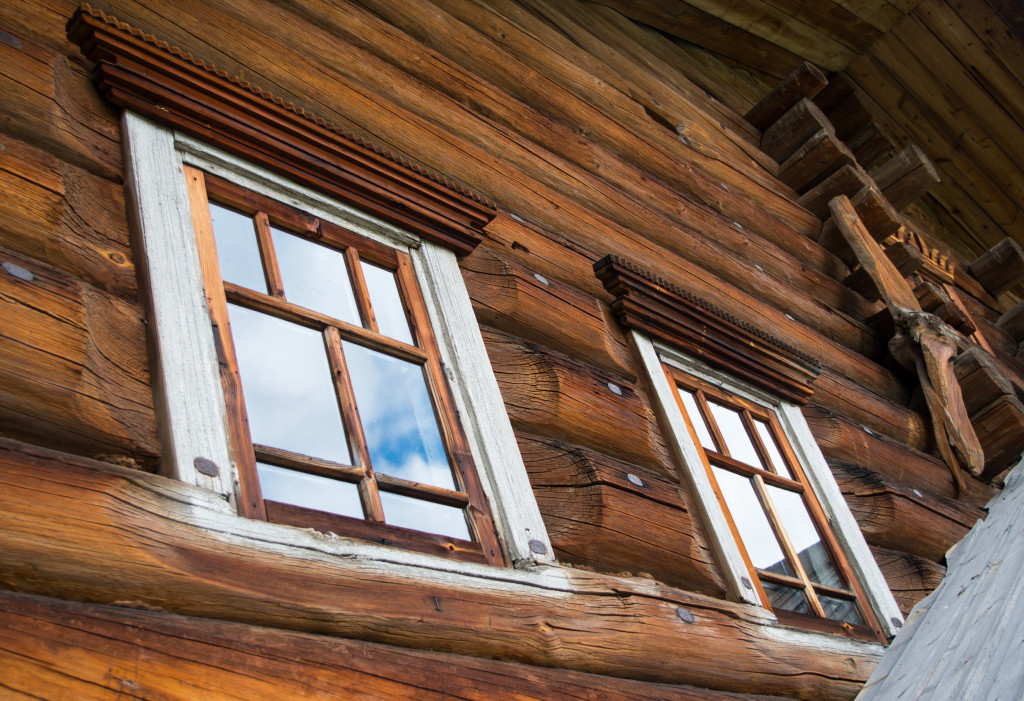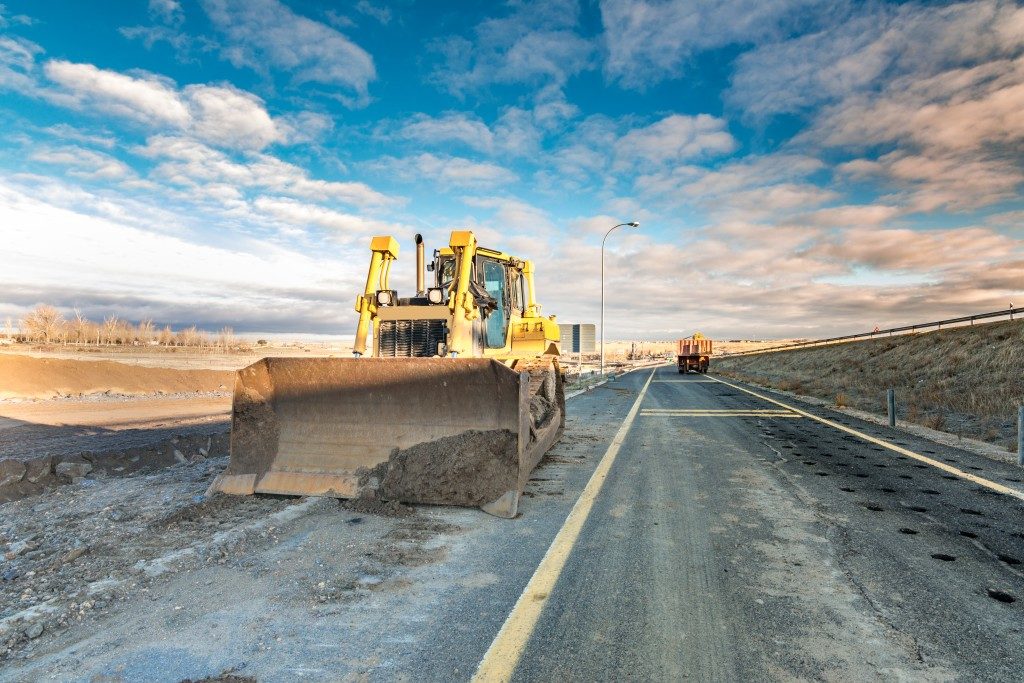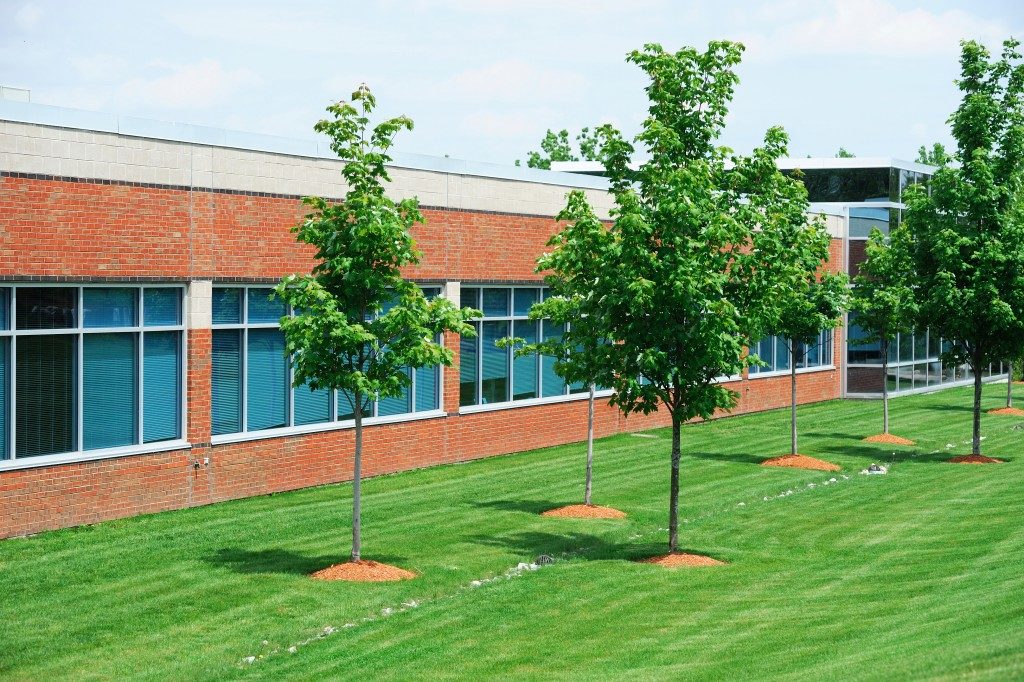Cabin-in-the-woods living sounds like the dream if you’re sick of the metro’s never-ending buzz. In the woods, it’s quiet, private, and close to nature. It can feel as though you own all the land around you as well as the lake. The sounds you hear are soothing; birds and the rustle of the leaves, not the honks of the cars.
But since cabins are nestled in the forests of a rural area, your life there will be completely different from your life in the city. Well, obviously, you moved into a cabin to avoid the city in the first place, but a 360-degree shift in lifestyle is no easy feat. When you’re so used to having everything close — malls, restaurants, healthcare facilities, grocers, etc. — your early days in a remote area can feel overwhelming.
Still, there are plenty of great reasons to switch to cabin living. Depending on your lifestyle, which involves your career and social life, the pros can outweigh the cons. But cabin living has its fair share of challenges, too.
Reasons to Adopt the Cabin Life
Give yourself a boost of optimism before walking through the challenges you may face in cabin living. Knowing that you’re adopting the cabin life for the right reasons will make you more determined to commit to the lifestyle.
Besides the unfiltered, peaceful, and natural quality of cabin living, it also gives you lots of land options to potentially invest in. And they won’t be as costly as the lands in the metropolitan areas. If you want to build a sprawling cabin, with resort-like amenities such as a pool, spa, deck, and fire pit, you can buy a large plot of land for a fraction of the price of its equivalent in the city. What’s more, your options aren’t limited to a framework of an existing neighborhood. You practically have the whole forest available for yourself.
Your health may also improve in a cabin. It’s surrounded by clean air and an overall cleaner environment. There are trees everywhere you look, so you’re also shielded from harsh sunlight and the effects of extreme weather. If there’s a lake nearby, you can fish there and enjoy freshly caught fish often. And if you’re feeling a bit stressed, walking in the woods or kayaking on the lake can soothe you.
Challenges of Cabin-Living

Cabin life is only near perfection. What it doesn’t show you are the little inconveniences you might experience. Below is a list of the challenges you might encounter:
-
Far Away From Commercial Districts
If you have a 9-to-5 office job, cabin living may increase your travel time and costs. Hence, it’s better to switch to this lifestyle only if it won’t inconvenience you in your job. But thankfully, remote areas aren’t short on job and business opportunities, contrary to popular belief. You may get a work-from-home assignment, which became aplenty during the pandemic. Or you can start a home-based service business catering to the residents of your area. Markets niches are also abundant in rural communities.
-
Limited Access to Public Transportation
According to Pew Research Center, limited access to public transportation is one of the biggest problems in rural areas. This won’t be an issue for you if you have your own car, but there might still be times when you need to commute. If you think you’d have to take public transportation often, your best option is to choose an area that’s close to bus or train stations.
-
Pests
Since the woods are secluded, pests may inhabit your area and prey on your stuff. Worse, infected mosquitoes might bite you and leave you with a life-threatening disease. To ward off pests from your property, call pest control experts periodically. And every day, clean your cabin, seal its windows, and keep its parameters tidy. Remember that you’re sharing a home with them in the woods, so as much as possible, be the one making adjustments.
-
Poor Road Conditions
Your moving-in day could be a logistical nightmare if your chosen area has poor road conditions. Sadly, that’s a major problem in many rural areas. If this is going to bother you a lot, choose a place where roads are significantly safer and more efficient.
-
Drug Addiction
Drug addiction became a top problem in rural communities because of the limited availability of quality education. Thus, if you’re moving to a rural area, it’s important to make a contribution to their society. Start a business or a charitable foundation encouraging the youth and adults to be productive. Your proactive attitude is crucial if you want to improve the quality of life in your new area.
Cabin-living in a rural area may be filled with challenges, but they’re nothing you can’t mitigate. You can still make the most out of your life away from the pleasures and comforts of the city. In fact, if you want to live your life to the fullest, cabin-living can allow you to do that better.


